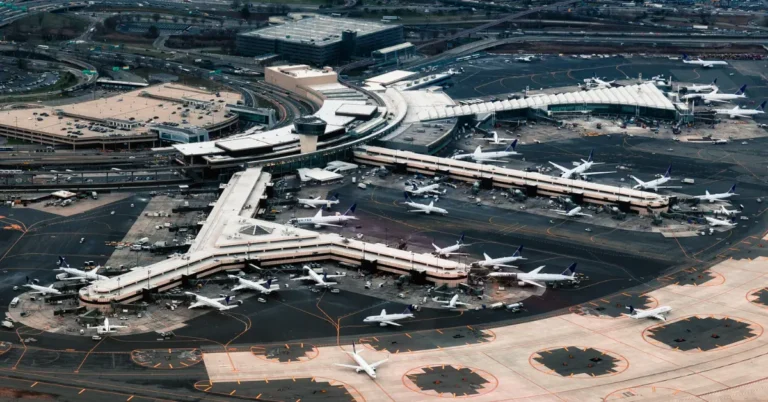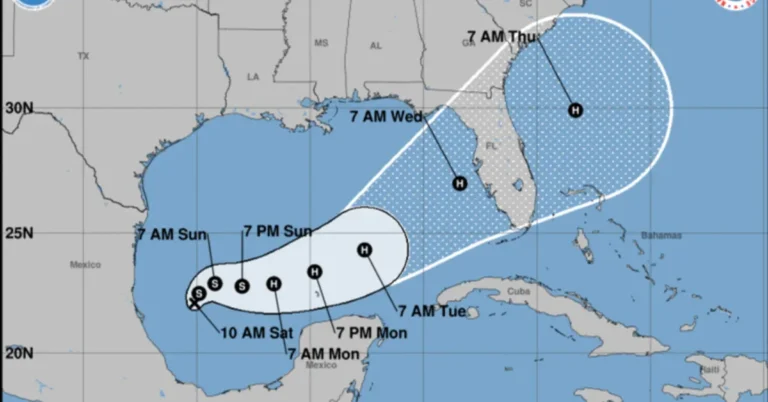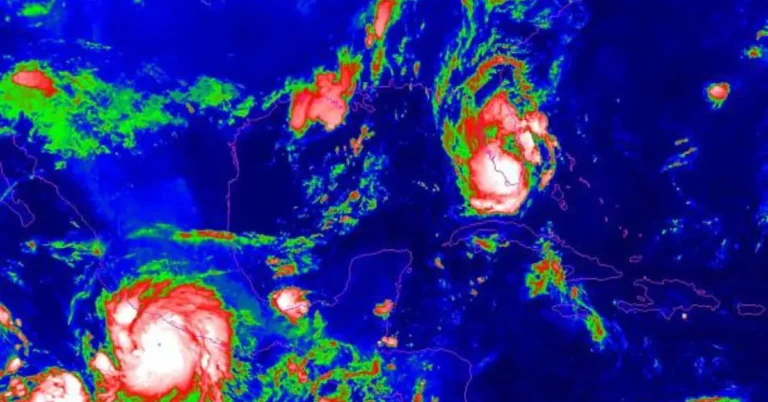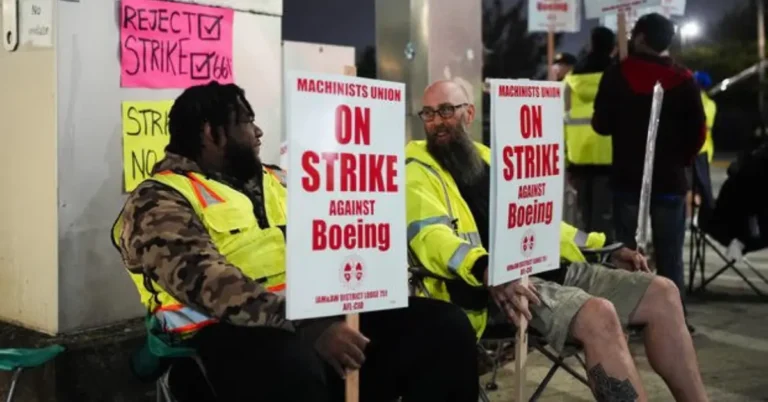Delta Air Lines suffered a major IT outage, leading to widespread flight cancellations and delays. The airline blames cybersecurity firm CrowdStrike, which denies responsibility. Thousands of passengers were stranded, sparking a public dispute and raising concerns about the vulnerability of critical infrastructure.
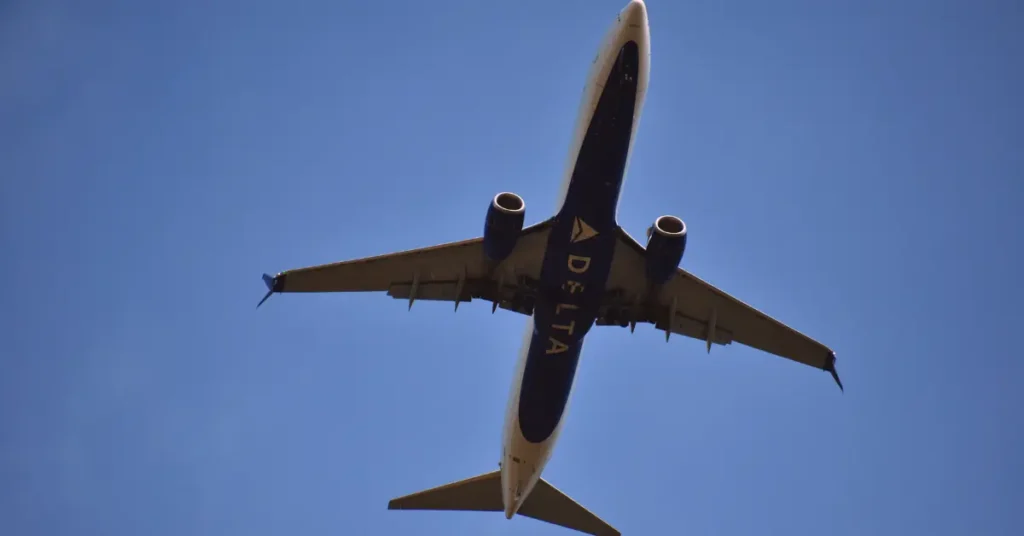
A wave of chaos washed over airports nationwide as Delta Air Lines suffered a catastrophic IT outage, leaving thousands of passengers stranded and seething.
The airline scrambled to restore service, but the damage was done: widespread flight cancellations, cascading delays, and a PR nightmare.
Adding fuel to the fire, a war of words erupted between Delta and cybersecurity giant CrowdStrike, leaving travelers with more questions than answers and a desperate need for alternative travel arrangements.
Timeline of Chaos: Delta’s Systems Ground to a Halt
The nightmare began in the early hours of August 5th, 2024, when Delta’s systems inexplicably went dark.
Check-in kiosks froze, boarding passes refused to print, and flight information screens flickered with ominous error messages.
Passengers were plunged into a state of uncertainty, unsure if their vacations were about to be salvaged or sacrificed on the altar of technological failure.
As the hours ticked by, the situation spiraled into a scene from a dystopian travelogue.
Lines stretched into infinity, patience evaporated, and social media became a chorus of frustration.
Travelers shared snapshots of overflowing trash cans, weary families sprawled across terminal floors, and missed connections that shattered itineraries like fragile glass.
Delta initially attributed the meltdown to a vague “technical issue,” but later shifted the blame to CrowdStrike, its cybersecurity provider.
The airline claimed that CrowdStrike’s security software had malfunctioned, triggering a domino effect that crippled its operations.
Also Read: Delta Air Lines Rewards Employees with Free Flights After System Meltdown
Delta’s Defense: Finger-Pointing or Genuine Glitch?
Delta’s official statements maintained that the outage was an “unforeseen event” caused by a third-party vendor.
They stressed their tireless efforts to restore service and profusely apologized to inconvenienced passengers.
Yet, industry insiders raised eyebrows, questioning Delta’s eagerness to scapegoat CrowdStrike and wondering if the airline was masking its own IT deficiencies.
Skeptics pointed to Delta’s history of similar outages, casting doubt on the robustness of its systems.
The question loomed: why hadn’t the airline invested in redundant backups to prevent such a widespread meltdown?
Also Read: Delta Sues CrowdStrike Over Massive Cyberattack: What Travelers Need to Know
CrowdStrike’s Rebuttal: Cyberattack Cover-Up or Scapegoat?
CrowdStrike, a titan in the cybersecurity realm, vehemently denied any responsibility for the outage.
They released a comprehensive technical analysis, asserting that their software had performed flawlessly and that the root of the problem lay within Delta’s own infrastructure.
This sparked a flurry of speculation. Was CrowdStrike merely protecting its reputation, or was there a more sinister truth lurking beneath the surface?
Could a cyberattack be the real culprit, one that both companies were hesitant to divulge?
The lack of transparency from both sides only fueled the growing suspicion and left travelers in the lurch.
Also Read: Is Delta Safe? Two Mechanical Failures in 24 Hours Raise Alarm Bells
The Fallout: More Than Missed Flights and Lost Luggage
The consequences of the outage extended far beyond missed flights and misplaced luggage. Delta hemorrhaged money due to cancelled flights, rebooking fees, and compensation for stranded passengers.
The airline’s stock price plummeted as investors fretted over the long-term damage to its brand.
The incident also cast a harsh spotlight on the vulnerability of critical infrastructure to cyber threats and technical glitches.
Airlines, like many modern industries, rely heavily on intricate IT systems to orchestrate their operations.
A single point of failure, whether due to a software hiccup, human error, or malicious intent, can set off a chain reaction that disrupts travel plans and inflicts economic pain.
Also Read: Delta Nightmare: Food Poisoning Turns Dream Vacation into Plane of Pain
The Path Forward: Transparency, Accountability, and Traveler Empowerment
In the wake of this technological catastrophe, both Delta and CrowdStrike face a defining moment.
Travelers deserve a full and transparent accounting of what went wrong and why.
Accountability must be established, and consequences should be levied on the responsible party.
The incident also serves as a wake-up call for the airline industry to fortify its IT defenses, implement robust redundancy measures, and develop comprehensive contingency plans.
This is not merely about preventing future meltdowns; it’s about safeguarding the trust and well-being of passengers who depend on airlines for safe and reliable journeys.
Travelers, for their part, are advised to arm themselves with information, check flight statuses diligently, and consider purchasing travel insurance from reputable providers like World Nomads to shield themselves from unexpected disruptions.
Furthermore, using secure payment methods like Wise when booking travel can offer an added layer of protection against potential fraud.
Conclusion: A Bumpy Ride to an Uncertain Destination
As the dust settles from Delta’s epic outage, countless questions remain unanswered. Was the outage a mere technical hiccup, a cyberattack, or a toxic cocktail of both?
Who bears the ultimate responsibility for the chaos and the countless inconveniences inflicted upon travelers?
While platforms like Hotels.com or Viator may offer temporary solace to stranded travelers, the lingering uncertainty surrounding the outage serves as a stark reminder of the interconnectedness of our digital world and the fragility of even the most sophisticated systems.
The incident also underscores the importance of holding corporations accountable and demanding transparency when things go awry.

